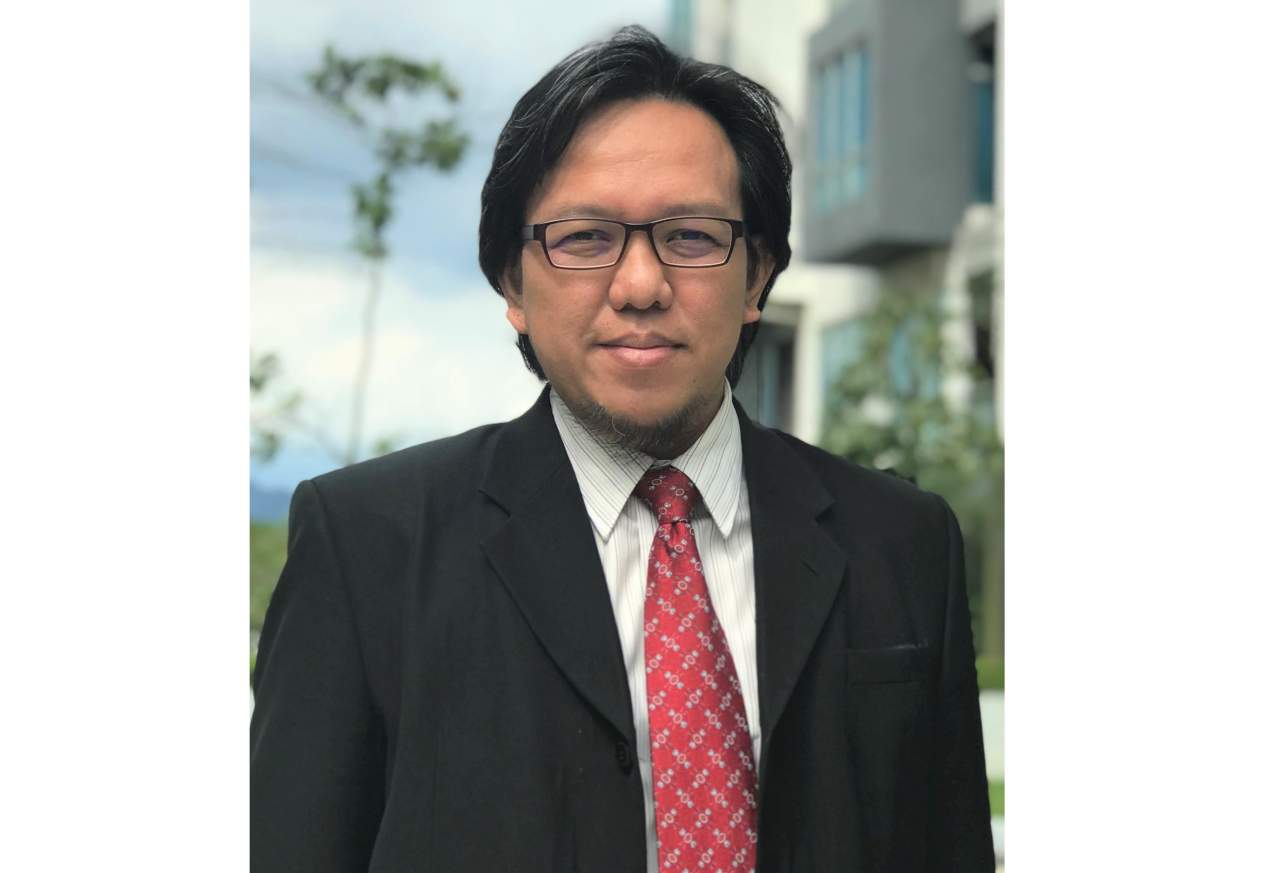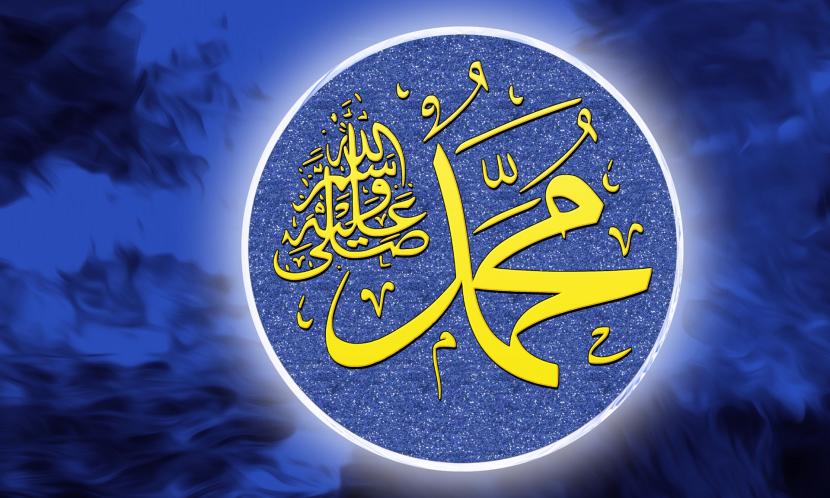By Sonny Zulhuda, PhD*)
The commemoration of the Prophet Muhammad's Birthday on every 12th Rabi'ul Awal is a critical momentum for Muslims to reflect again and emulate the multidimensional legacy of the Prophet Muhammad.
Allah confirms this in the holy Quran (Chapter 33: 21): "Indeed, in the Messenger of Allah you have an excellent example for whoever has hope in Allah and the Last Day, and remembers Allah often."
Many commentators have written on various aspects of Prophet Muhammad's life: as a great shepherd, an honest merchant, a young man with integrity, a loving husband and father, a war strategist, or a just and wise statesman. In addition to that, this short article explores the legacy of the Muhammad in managing information resources. It is a short and initial attempt to record the prophetic informatics from a noble man who is the Chief Information Officer (CIO) of Islam.
Prophetic Informatics from Muhammad's Teachings
'Informatics' is a known computing term relating to the science of processing data for storage and retrieval. The term is also defined as things related to information: it is the science of collecting, classifying, storing, issuing, and disseminating knowledge.
Prophetic informatics in this article is meant as the Prophet Muhammad's efforts in managing data and information both internally and externally in the context of his prophetic mission.
There are many lessons we can learn from the teachings of the Prophet Muhammad in managing information assets so that he successfully carried out his nobel mission both in the Mecca and Medina phases. This prophetic informatics legacy needs to be continuously studied, analyzed and then formulated and emulated.
It is no exaggeration that the success of Muhammad's propagation was supported by excellent information management by him with the support of his companions. Data, information and knowledge were managed in all aspects, namely the acquisition, retention/storage and use of information. So, what can we learn from the example of the Prophet's informatics?
First Aspect: At the Acquisition of Information
Data and information are very important in conveying knowledge, organizing movements, outlining jihad strategies and building Islamic civilization. In the context of obtaining information, due diligence is the main key. The Prophet Muhammad told us to be careful about the source of information and to get used to verifying every data received.
The English adage "don't shoot the messenger" (in Arabic "undhur maa qoola walaa tandhur man qoola") should not rule out the principle of due diligence in receiving and collecting information. Abu Hurairah narrated a hadith that forbids Muslims from spying on others (Sunan Abi Daud, hadith no. 4917). In the same hadith, it is said that information that is not strongly sourced is categorized as prejudice that is close to lying.
Meanwhile, if the information comes from a wicked person or someone whose character is doubtful, then it is necessary to go through a process of tabayyun or verification before accepting it. In a hadith narrated by Abu Namlah Al-Ansori, the Messenger of Allah said, "if there is a person of the book ("ahlubal-kitab") who reports something (related to religious issues) then do not confirm or deny it, but say 'we believe in Allah and His Messenger'" (Sunan Abi Daud, hadith no. 3644).
Second Aspect: the Retention of Information
In the Prophet's era, people still relied chiefly on writing and safekeeping notes (beside memorising). This has never escaped the attention of the Prophet Muhammad. For example, the Prophet appointed several companions as his secretaries who were tasked with recording special information each. Not only that, these records were managed well and were kept secret from public eyes.
Professor Muhammad Mustafa Azami, a professor at King Saud University, described in his book "Kuttab An-Nabiy" (The Prophet's Secretaries) the Prophet Muhammad's meticulousness in recording and safekeeping data. In his life, Mustafa said, there were 65 known companions who were assigned to record various special matters such as writing letters, recording agreements, recording logistics, recording debts and also inventorying warfare affairs. In addition, there were also companions who were tasked with recording data on hypocrites. This is an authentic evidence of the Prophet Muhammad's informatics legacy.
In line with this is the principle of keeping secrets. In a hadith narrated by Muawiyah, the Prophet Muhammad warned us not to be busybody and harbor other people's secrets. Anyone who exposes someone's secret is deemed to destroy that person (Mishkat Al-Masabih, hadith no. 3709). In another hadith from Ibn Umar, the Messenger of Allah said that whoever reveals someone's secret, Allah will reveal his secret even if the person is in his house (Jami' At-Turmudzi, hadith no. 2032).
Third Aspect: Use of Information
In order to be useful, the data that has been collected and stored needs to be studied, analyzed, criticized and applied. Information assets are now entering the use phase.
In this context, Prophet Muhammad ordered that information be studied carefully so that it can be used without distortion so as to reduce the risk of misunderstanding. It was narrated that Ibn Mas'ud heard the Messenger of God praising anyone who heard a piece of news (information) from the Messenger of God and then relayed it accurately to others according to what he heard (Riyadus-Solihin, hadith no. 1389).
Information must be conveyed honestly without distortion, this is because honesty will lead the deliverer to Allah's paradise (Sahih Muslim,and hadith no. 2607). As for personal and confidential information, its dissemination must be limited. Prophet Muhammad laid down clear guidelines to avoid the spread of false news, slander or the spread of other people's disgrace (Riyadus-Solihin,and hadith no. 233).
Final Remarks
From the elaboration above, the takeaways from Muhammad as our Chief Information Officer are of two-fold.
First, Prophet Muhammad paid great and careful attention to his information assets in the context of society and state governance. This governance covers every cycle of the information processing from the stage of acquisition, retention and usage. Second, it is easy to point out that discussion on the informatics legacy of Muhammad is not yet common. Arguably, this area needs to be further researched and developed.
Now a final note, Prophet Muhammad is indeed the CIO of the Ummah. In his life we discover the best example ('uswah hasanah') of how to manage and utilise information resources. Unfortunately, this skill is a scarcity now, exactly the time when we need it most to navigate the challenges of digitalization and the information war. Let's not lose hope, as the Prophet's legacies are still there to guide us.
*) Sonny Zulhuda PhD is an Associate Professor at the International Islamic University Malaysia; and the Chairman of Ikatan Cendekiawan Muslim se-Indonesia (ICMI), Malaysia Chapter. He is also a member of Expert Council in Library and Information Council of Muhammadiyah Central Leadership.



